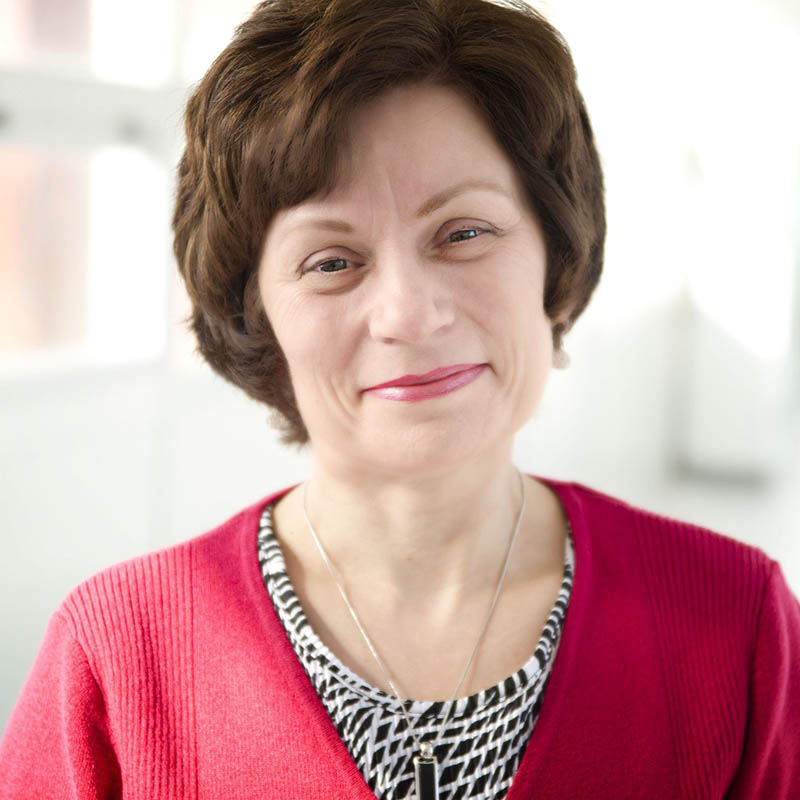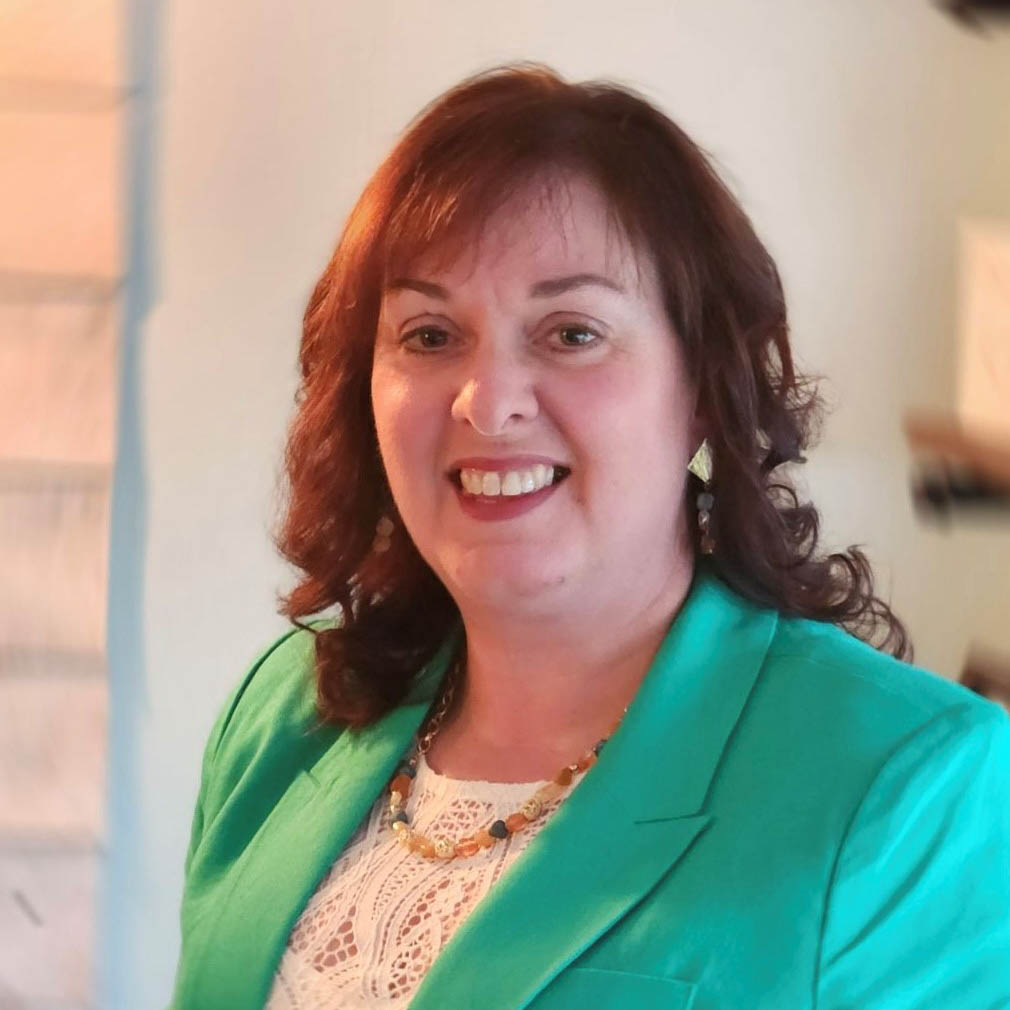Research Report: 2022
▼ Choose a report:

Powered by Research & Graduate Studies

Powered by Arts and Social Science

Powered by Science and the Environment


Travis Sheppard
"…we were thinking, these are our last months with him and we're looking at him through a window or through Facetime, you know?"
~ Study participant
Researchers at Western Regional School of Nursing and the provincial health authority will soon publish a study that examines the devastating effects of COVID-19 restrictions on families and dying loved ones during palliative care.

Judith Strickland
Nurse Educators Travis Sheppard and Judith Strickland and Sandra Lush of Spiritual Health (formerly Western Health) are the authors of the study, which is titled Fighting for Connection: A Socially Distanced Grief Experience.
"The idea emerged due to the restrictions associated with the COVID-19 pandemic and their impact on dying patients," said Mr. Sheppard. "Their family members were not able to carry out customs and rituals which may have brought support and comfort."

Sandra Lush
Using Grounded Theory methodology, the researchers conducted 16 individual interviews to ascertain how participants fought to connect with dying relatives as they dealt with imposed restrictions that made it difficult, if not impossible, for them and their family members to spend time with their loved ones. While the restrictions were intended to make people feel protected and safe, for those who were trying to be present with their loved ones, or already bereaved and grieving, a major consequence was the loss of human connection.
The researchers documented several strategies employed by the participants to cope with the imposed restrictions and resulting loss of connection, such as:
With that in mind, the researchers suggest that healthcare professionals should be careful to complete a thorough assessment of client history, particularly asking about any form of experiential loss during a period of pandemic restrictions.
A number of recommendations were recorded from the participants, including: